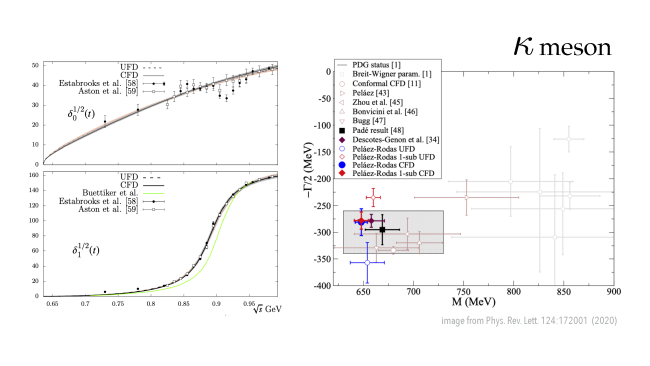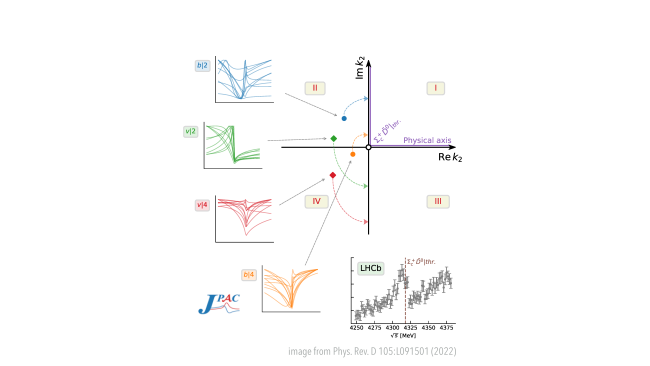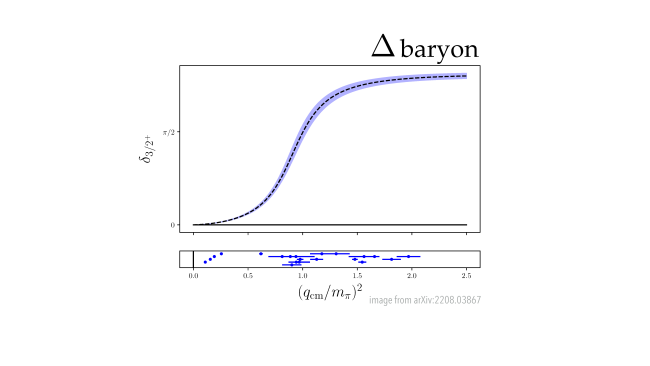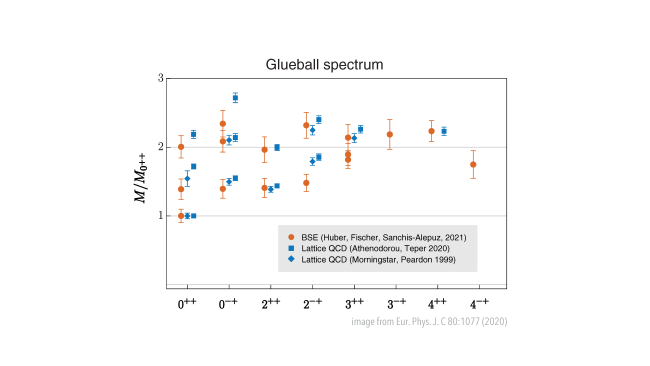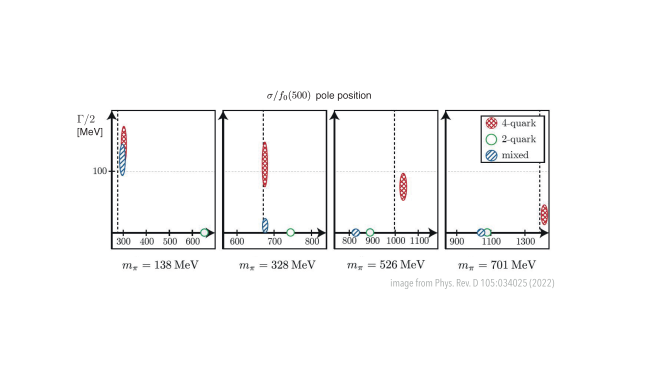Accessing and Understanding the QCD Spectra
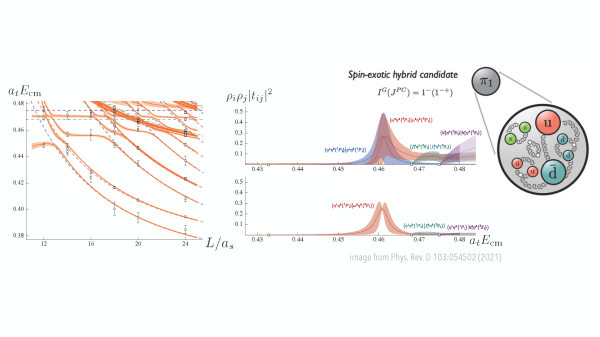
Note to applicants: This is a "hybrid" workshop, meaning there will be a combination of virtual and in-person participants. In the COMMENTS section of the Application Form, please write [In-person], [Virtual], or [Either] to reflect your preferred mode of attendance. Please be aware that all in-person participants must show proof of vaccination against COVID-19 upon arrival to the INT.
Disclaimer: Due to the continued uncertainty regarding the COVID-19 pandemic, this workshop may be rescheduled if necessary.
Even though QCD is the underlying theory of nuclear interactions, its direct connection with various nuclear phenomena remains unclear. The fundamental questions about the role of the quark-gluon dynamics, confinement and the generation of mass remain qualitative at best. The vast majority of hadrons are unstable and in experimental measurements appear indirectly via complicated distributions of decay products. This poses substantial challenges in interpreting the experimental data and analyzing the spectrum of QCD experimentally as well as theoretically. In recent years new high-quality data from experimental facilities, together with rapid developments in ab-initio theoretical applications, have enabled us to address the most formidable questions regarding the formation of QCD bound states.
This workshop is the continuation of the previously held virtual INT program of the same name. This program was the first INT program completely dedicated to QCD spectroscopy. It emerged from the need to review recent progress made in the determination and interpretation of the QCD spectrum, based on the results from experimental searches at Jefferson Lab (GlueX and CLAS 12), BES-III, Belle-II, COMPASS, LHCb and other facilities, as well as novel developments in theory using lattice QCD, amplitude analyses, quark models, effective theories, functional methods and dispersion theory. The program brought together practitioners from these various research areas to discuss recent developments in the field and identify the major questions that can be answered in the near future.
In the 2 years since the virtual program, the field has gone through substantial progress. Notable examples include: the first QCD calculation of a resonant scattering amplitude with exotic quantum numbers, the first three-body scattering amplitude determined via lattice QCD, and first explorations of machine learning in amplitude analysis. Furthermore, there have been several proposals for future experimental investigations. The advances, among others, will be at the core of this week long in-person workshop.
Note: There will be a $60 registration fee to attend this workshop. The registration fee includes participation in the workshop, lectures, and coffee breaks.

